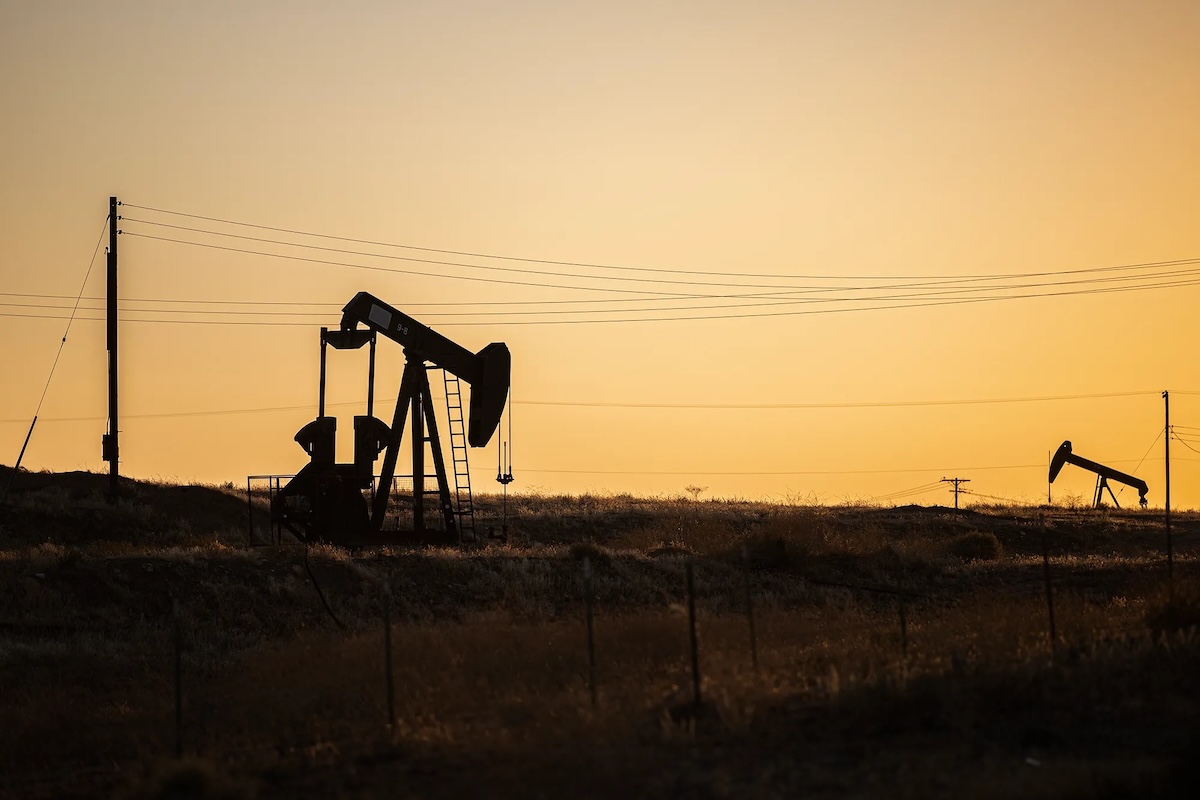New California Law Will Speed Cleanup of Idle Oil Wells
Three New Oil Well Laws Come After Newsom Administration Delayed Enforcement of Existing Law Protecting Communities Near Wells

The Santa Barbara Independent republishes stories from CalMatters.org on state and local issues impacting readers in Santa Barbara County.
California will accelerate cleanup of the state’s idle oil wells, shut down one low-producing oilfield and allow cities and counties to restrict oil drilling under three measures that Gov. Gavin Newsom signed into law today.
Under one of the new laws, Assembly Bill 2716, an oilfield in unincorporated Los Angeles County will be shut down, with oil wells plugged by the end of 2030. Another new law, Assembly Bill 1866, requires oil companies to eliminate between 5% and 15% of their idle wells each year between 2025 and 2027, ramping up to between 10% and 20% in all subsequent years.
Addressing drilling of new wells, the third law, Assembly Bill 3233, would give local governments the authority to “limit or prohibit oil and gas operations or development in its jurisdiction.” The measure was prompted by court decisions that blocked local ordinances in Monterey County and Los Angeles.
Newsom lauded the new laws as his get-tough approach on the oil industry. However, his administration took another major step during this legislative session that delays protection of communities with oil wells.
Newsom’s administration requested delays in an existing law requiring monitoring of oil and gas wells near homes and schools for leaks into air and water, saying regulators needed more time. In response, the Legislature passed a bill granting a three-and-a-half year delay, which means wells will not have to be monitored until July, 2030. Newsom has not yet signed it; at a press conference today, he declined to comment.
The Center for Biological Diversity, an environmental group, told CalMatters that the new laws are a good step, but the delays in the measures to protect communities from leaking wells demonstrates that “there’s more work to do.”
“The delay is extremely troubling and will force frontline communities to wait longer for much-needed pollution protections,” said Hollin Kretzmann, an attorney at the group’s Climate Law Institute. “We’re celebrating the landmark achievements these bills represent, but we won’t rest until all Californians get the future free from oil and gas pollution that they deserve.”
The oil industry had sought to eliminate the two-year-old law entirely through a ballot measure, but decided in June to abandon that effort.
More than 2.5 million Californians live within 3,200 feet of an oil or gas well, predominantly in low-income communities of color, including in Long Beach, Los Angeles and Kern County. Research has linked an array of health effects, including a higher incidence of premature and low birthweight babies, to proximity of wells.
Newsom, speaking at a soccer field in the Los Angeles neighborhood of Baldwin Hills with the Inglewood Oil Field as a backdrop, hailed one of the measures as “empowering local communities to go further than the state itself.” He added that Legislature was “absolutely right” to hold oil companies accountable for idle wells.
Starting in 2026, low-producing wells in the Inglewood Oil Field cannot operate for more than 12 months. All wells in the sprawling field will be shut down and plugged by the end of 2030. More than 600 wells now operate there.
State officials estimate that California has about 40,000 idle oil and gas wells that haven’t produced oil in two years and need to be plugged.
Catherine Reheis-Boyd, chief executive of the Western States Petroleum Association, dismissed the governor’s actions as “political theater,” adding that the new mandates will drive up gasoline costs for Californians, result in lost jobs and increased reliance on imported oil. “More mandates won’t lower gas prices or help California families,” she said.
Newsom lambasted the companies. “They’re ripping you off,” Newsom said. “Big Oil has been ripping you off and then lying to you.”
Newsom called the Legislature into a special session to address gas prices, giving him more time to persuade lawmakers to act on a package of energy bills he failed to jam through in the final weeks of the regular session.










